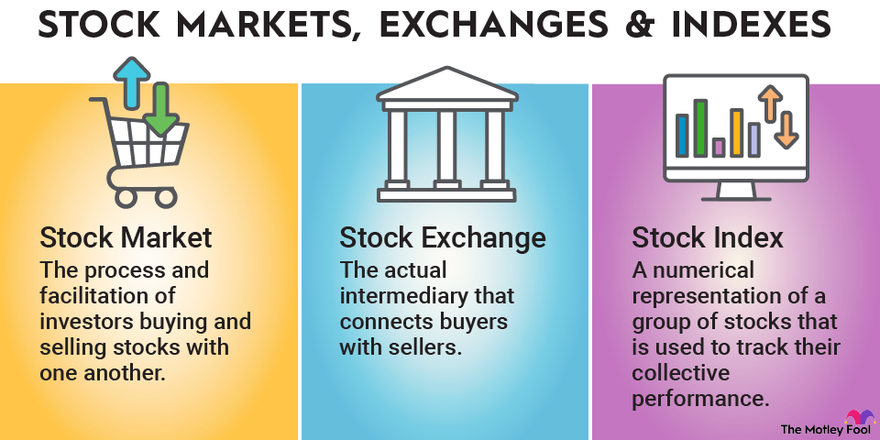Tech Versum: Explore the Future of Technology
Dive into the latest trends and innovations in technology with Tech Versum.
When Wall Street Sneezes, Who Catches a Cold?
Discover how Wall Street's shifts impact your wallet! Uncover the hidden connections and see who really gets affected when markets shake.
Understanding the Ripple Effect: How Wall Street's Moves Impact Your Wallet
When news breaks on Wall Street, it can send ripples throughout the economy, ultimately impacting your wallet. The Ripple Effect refers to the cascading consequences that market movements and investment decisions have on various sectors. For instance, a significant drop in stock prices may lead to reduced consumer confidence, affecting spending habits and, in turn, impacting local businesses. Moreover, the fluctuations in Wall Street indices can influence interest rates, making loans more expensive or affordable based on investor sentiment.
Understanding this relationship between Wall Street and everyday financial decisions is crucial. For example, when large corporations report higher earnings, it often leads to a surge in their stock prices, which can positively affect your retirement savings if you hold stocks or are invested in mutual funds. Conversely, increased inflation fears can drive investors away from stocks, leading to a bear market. This scenario may result in rising unemployment rates, leading to tighter household budgets and decreased savings. Hence, staying informed about Wall Street's moves can empower you to make prudent financial decisions.

When the Markets Shift: Who Really Suffers from Wall Street's Cold?
When the markets shift, the impact is felt across various sectors, but it's often the most vulnerable who suffer the most. Retail investors, who may lack the resources and information that institutional investors possess, can find themselves at a significant disadvantage. They may panic sell during market downturns, resulting in realized losses that could have been avoided with a sound strategy. Additionally, small businesses relying on investor confidence for their growth can also feel the ripple effects, facing challenges in accessing capital as funding becomes scarcer.
The consequences extend beyond individual investors and businesses, affecting the broader economy. Lower-income households often have limited savings and investments, making them particularly susceptible to economic cycles. When Wall Street experiences a downturn, job stability can wane as companies cut costs, leading to layoffs that disproportionately affect these households. As market volatility continues, it's essential to examine who truly bears the brunt of Wall Street's cold and advocate for measures that protect those at the greatest risk.